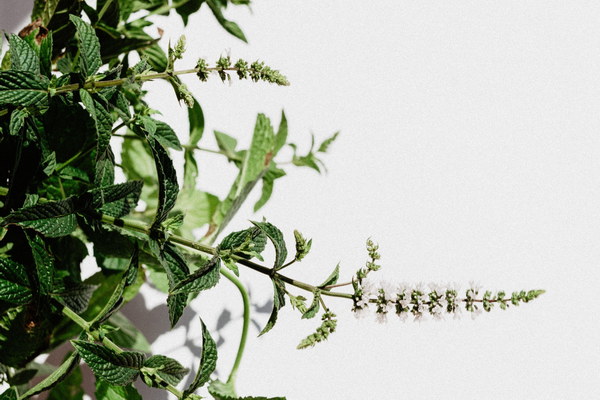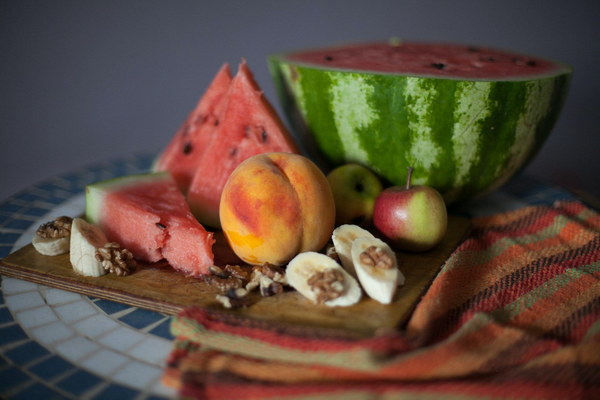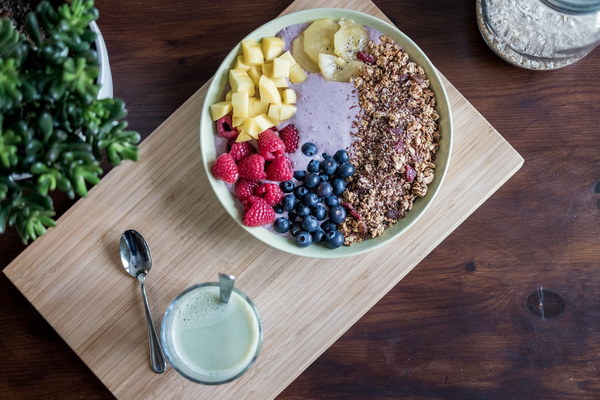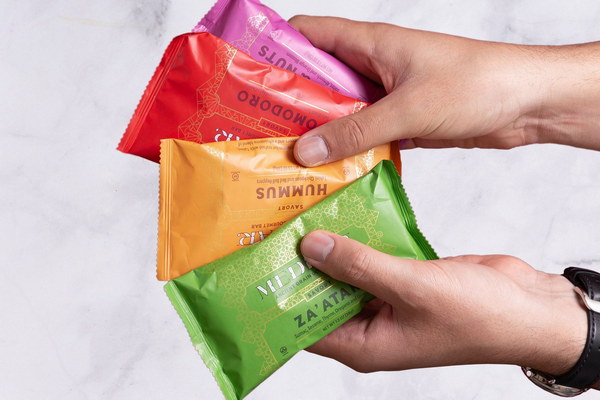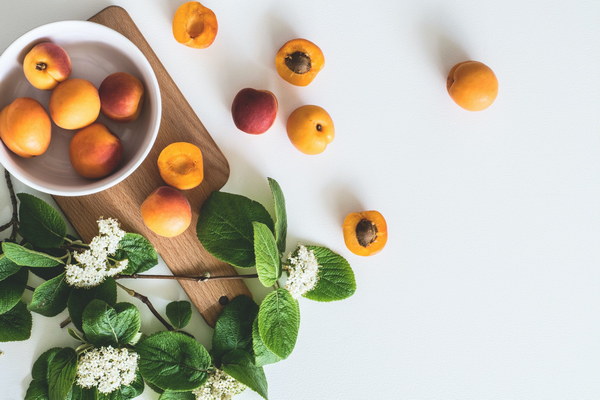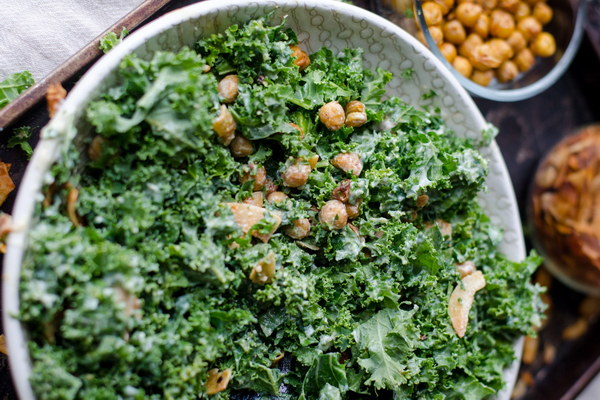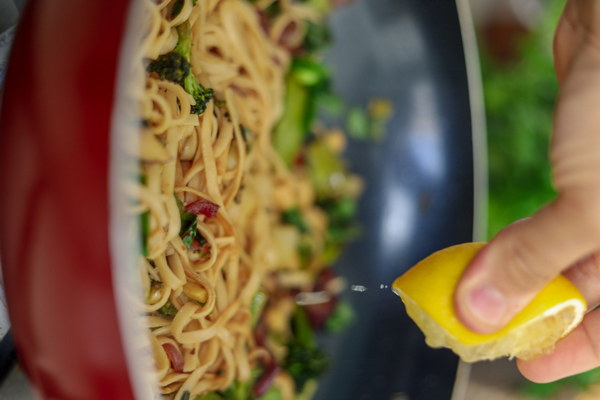Eating Your Way to Colon Health A Dietary Guide for Treating Colorectal Melanosis
Eating Your Way to Colon Health: A Dietary Guide for Treating Colorectal Melanosis
Colorectal melanosis, a condition characterized by the presence of dark pigmentation in the colon, is often a concern for those diagnosed with this condition. While medical treatments are crucial, dietary adjustments can play a significant role in managing symptoms and improving overall health. This article delves into a dietary guide tailored specifically for those dealing with colorectal melanosis, focusing on foods that can help maintain a healthy colon and alleviate symptoms.
Understanding Colorectal Melanosis

Colorectal melanosis is a benign condition where the colon's lining develops dark patches, often due to the accumulation of melanin, a pigment that gives color to skin, hair, and eyes. While it is not cancerous, it can sometimes lead to complications and discomfort. A balanced diet rich in certain nutrients can help manage the symptoms and promote colon health.
Foods to Include in Your Diet
1. Fiber-Rich Foods
- Whole Grains: Foods like whole wheat, brown rice, and oatmeal are high in fiber, which helps in maintaining bowel regularity and preventing constipation.
- Legumes: Beans, lentils, and chickpeas are excellent sources of fiber and protein, which can aid in digestion and colon health.
- Vegetables: Leafy greens like spinach, kale, and broccoli are high in fiber and essential nutrients that support colon health.
2. Healthy Fats
- Olive Oil: Rich in monounsaturated fats, olive oil can help reduce inflammation and improve the lining of the colon.
- Fatty Fish: Fish like salmon, mackerel, and sardines are high in omega-3 fatty acids, which have anti-inflammatory properties.
- Avocado: Avocado is not only high in healthy fats but also provides fiber and vitamins that benefit the colon.
3. Probiotic-Rich Foods
- Yogurt: Greek yogurt, particularly, is packed with probiotics that promote a healthy gut flora and can help maintain colon health.
- Sauerkraut and Kimchi: These fermented foods are rich in probiotics and can aid in digestion.
- Kefir: A fermented milk drink, kefir is another great source of probiotics.
4. Antioxidant-Rich Foods
- Berries: Blueberries, strawberries, raspberries, and blackberries are high in antioxidants that can protect the colon from oxidative stress.
- Fruits: Apples, oranges, and pomegranates are also good sources of antioxidants.
- Nuts and Seeds: Almonds, walnuts, chia seeds, and flaxseeds are rich in antioxidants and healthy fats.
5. Hydration
- Water: Staying hydrated is essential for maintaining bowel regularity and preventing constipation.
- Herbal Teas: Teas like peppermint, ginger, and chamomile can help soothe the digestive tract and improve bowel movement.
Foods to Avoid
1. High-Fat Foods: Foods high in saturated and trans fats can increase inflammation and contribute to the progression of colorectal melanosis.
2. Processed Foods: These foods are often high in preservatives and additives that can irritate the colon.
3. Alcohol: Alcohol can lead to dehydration and may exacerbate symptoms of colorectal melanosis.
4. Spicy Foods: Spicy foods can irritate the digestive tract and worsen symptoms.
Conclusion
Incorporating a balanced diet rich in fiber, healthy fats, probiotics, antioxidants, and staying hydrated can significantly contribute to managing colorectal melanosis. While dietary changes alone may not cure the condition, they can help alleviate symptoms and improve overall colon health. It's important to consult with a healthcare professional or a registered dietitian before making significant changes to your diet, especially if you have underlying health conditions or are taking medication. Remember, a holistic approach that combines dietary adjustments with medical treatment is the key to managing colorectal melanosis effectively.
